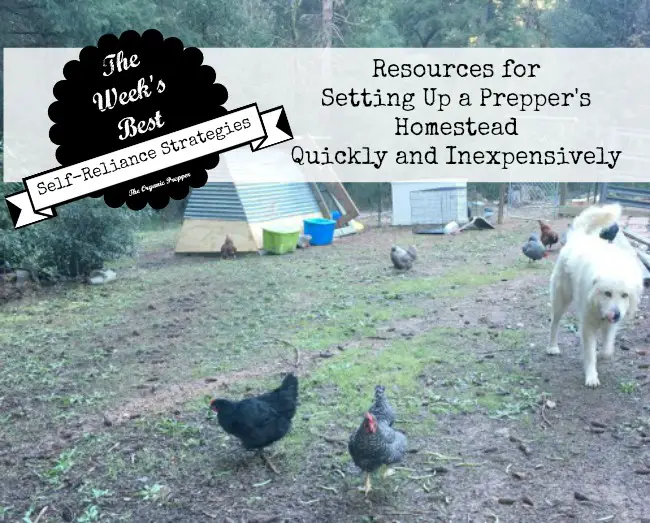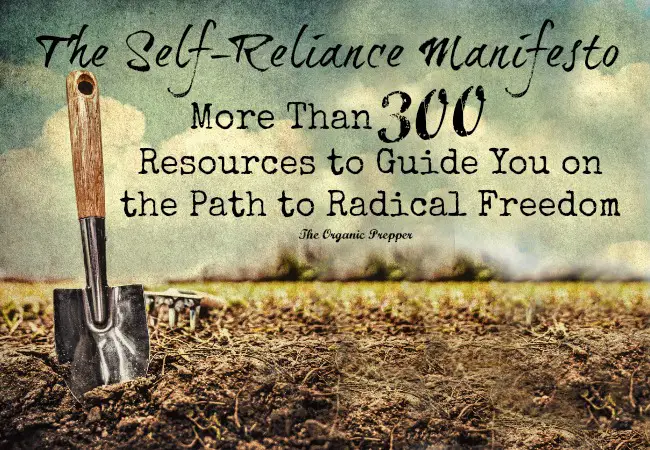Financial resources are “under pressure” and that’s why the IEA suggests a federal energy research and development strategy could help coordinate the work being done by industry and provincial governments. Such a strategy would focus on clean energy technologies, carbon capture and storage and environmentally beneficial methods for unconventional oil and gas production.
“This will contribute to reducing the environmental impact of energy use and production, as well as the cost of natural resource development, notably for oil-sands operations,” the report states.
In its first in-depth review of the country’s energy industry and policies since 2009, the IEA notes other challenges facing Canada. The country is one of the most energy-intensive nations belonging to the IEA. In addition, changes to electricity generation, such as reducing coal use and nuclear reactors reaching the end of their economic life, threaten the self-sufficiency of some provinces.
A demonstration by the group Oil Change International at the COP21 climate conference in Paris urged countries to stop subsidizing the fossil fuel industry. (Kyle Bakx/CBC)
In general, Canada needs to adapt to the downturn in oil and natural gas prices, which is impacting government revenue and the country’s economy. The importance of the energy industry to Canada is clearly outlined in the report. In 2014, the sector contributed about 10 per cent of gross domestic product, employed about 280,000 people and accounted for 30 per cent of Canada’s total exports. In addition, the energy sector contributes about $20-$25 billion in taxes, royalties and other payments to federal and provincial governments, each year.
…click on the above link to read the rest of the article…








